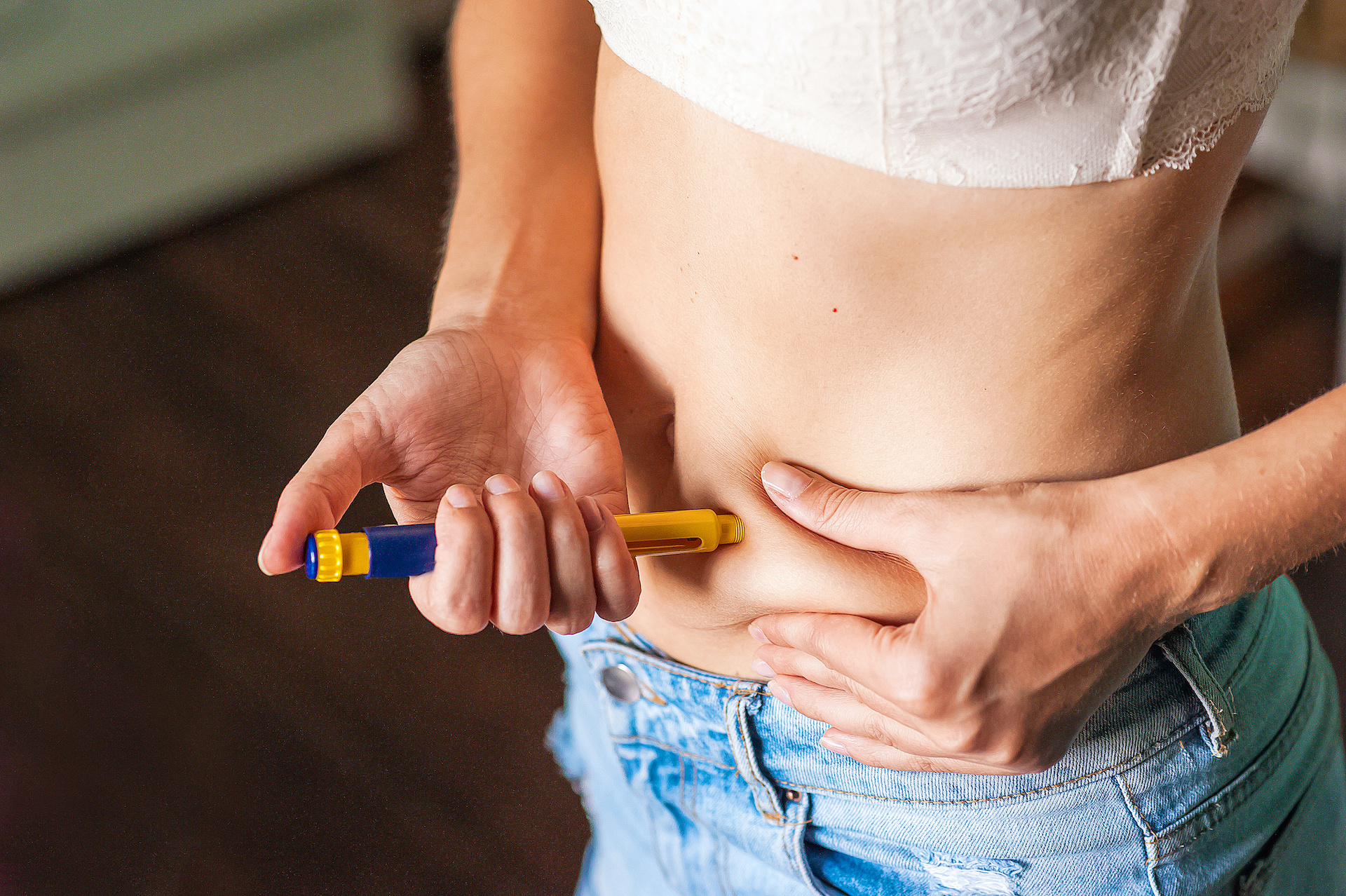 Mar 31, 2024 | by Lucy Solie-Vilker, Program Director
Mar 31, 2024 | by Lucy Solie-Vilker, Program Director
If you're considering becoming an egg donor, it’s important to understand each step of the egg donation process. One major step is the trigger shot – the last and most important injection in your egg donation medication protocol. This blog will provide a detailed yet easy-to-understand explanation of what to expect and why timing is such an important factor with the trigger shot. Let’s dive right in!
What is a Trigger Shot?
Toward the end of the ovarian stimulation phase of your egg donation cycle, your doctor will instruct you to take a final injection known as the trigger shot. This helps to mature the eggs and ensure they are ready for the egg retrieval procedure, which will take place 32-36 hours after self-administering the trigger shot into your lower abdomen.
The hormone used in the trigger shot is typically human chorionic gonadotropin (hCG), a GnRH agonist like leuprolide acetate (Lupron®), or sometimes a combination of both.
Why is the Trigger Shot Important?
After days of stimulating your ovaries with fertility medications to produce multiple eggs, the trigger shot ensures the final maturation of these eggs. There are several reasons why this is of the utmost importance to the overall success and effectiveness of the egg donation cycle:
- Final Maturation: The trigger shot stimulates the eggs to complete their maturation process, which is essential for successful fertilization later.
- Timing: The trigger shot needs to be administered at a precise time, within 32-36 hours before the scheduled egg retrieval, to ensure that the eggs are ready but have not yet been released from the follicles.
- Synchronization: It helps synchronize the development of multiple eggs, increasing the chances of retrieving a good number of mature eggs.
The Science Behind the Trigger Shot: How Does It Work?
The trigger shot mimics the natural surge of luteinizing hormone (LH) that occurs in a typical menstrual cycle. This surge prompts the final maturation and release of eggs from the ovaries. In an egg donation cycle, the controlled administration of the trigger shot ensures that this maturation process happens at the optimal time for egg retrieval.
By carefully timing the trigger shot and the subsequent egg retrieval, doctors can retrieve the mature eggs directly from the follicles before they are ovulated. This ensures that the eggs are at their optimal stage for fertilization and increases the chances of successful embryo development.
Why Timing is Essential
The precise timing of the trigger shot is crucial because if the eggs are released too soon (ovulated), they cannot be retrieved. Conversely, if the shot is administered too late, the eggs might not reach full maturity, reducing the chances of successful fertilization. This careful orchestration ensures that the eggs are mature but still within the follicles, ready to be retrieved during the egg retrieval procedure.
What to Expect When Taking the Trigger Shot

When it’s time for your trigger shot, your clinic will provide detailed instructions on how to administer it. Here’s a general overview of what you can expect:
- Preparation: Ensure your hands and the work area are clean. Be sure to have all items needed for administering the shot prepared and accessible, including the medication, syringe, alcohol swabs, sterile gauze, and safety container.
- Administration: The shot is a self-administered injection in the abdomen. Your clinic will guide you on the proper injection technique and there are instruction videos available online as well.
- Timing: Follow the timing instructions carefully.
- Quick tip: Set an alarm for your trigger injection! It is super important to take the trigger shot at the exact time as instructed.
- Side Effects: Some donors may experience mild side effects such as bloating, cramping, or mild discomfort at the injection site. These side effects are generally temporary.
- Related reading: 5 Quick Tips to Help Overcome Fear of Needles
After the Trigger Shot
The day after administering the trigger shot, you'll undergo a blood test to confirm its effectiveness, known as an "LH test." Once you’ve taken the trigger shot, your egg retrieval will be scheduled approximately 32-36 hours later. During this time, it’s important to follow any additional instructions from your clinic and prepare for the retrieval procedure.
Conclusion
As with all medications used during the egg donation cycle, you will receive a specific trigger shot protocol tailored to your body.
As an egg donor, it’s important to fully understand the importance of the trigger shot and make sure you’re prepared for it. The trigger shot ensures that your eggs are mature and ready for retrieval, ultimately contributing to the success of the donation cycle. If you have any questions or concerns, don’t hesitate to reach out to your fertility clinic – the healthcare team is there to support you!
Empowering You With Knowledge Through Your Egg Donor Journey:
- Egg Donor FAQ
- Egg Donation Pay: Exploring Compensation Options (2024)
- The 7 Most Common Egg Donation Disqualifiers
- If I Donate Eggs, Is the Child Biologically Mine?
- How Long Is the Egg Donation Process From Start to Finish?
Our Programs
Donor Nexus is a boutique agency providing egg donors and recipients with a personalized experience.
learn more »Because of you, we have her...
“This was truly an amazing process. In fact, we are thinking about doing it again in the future, if possible. Thank you for existing, because of you, we have her!”
– Intended Parent S.V.


